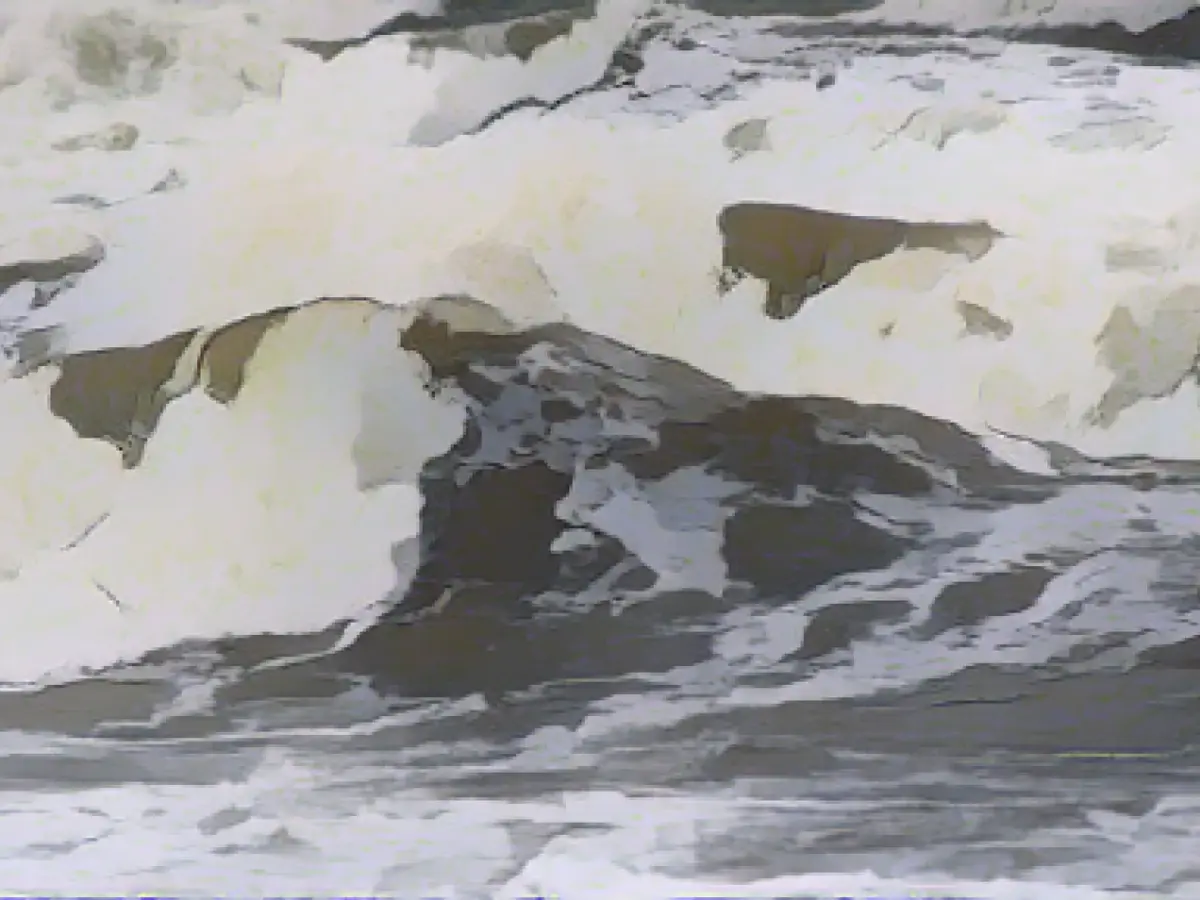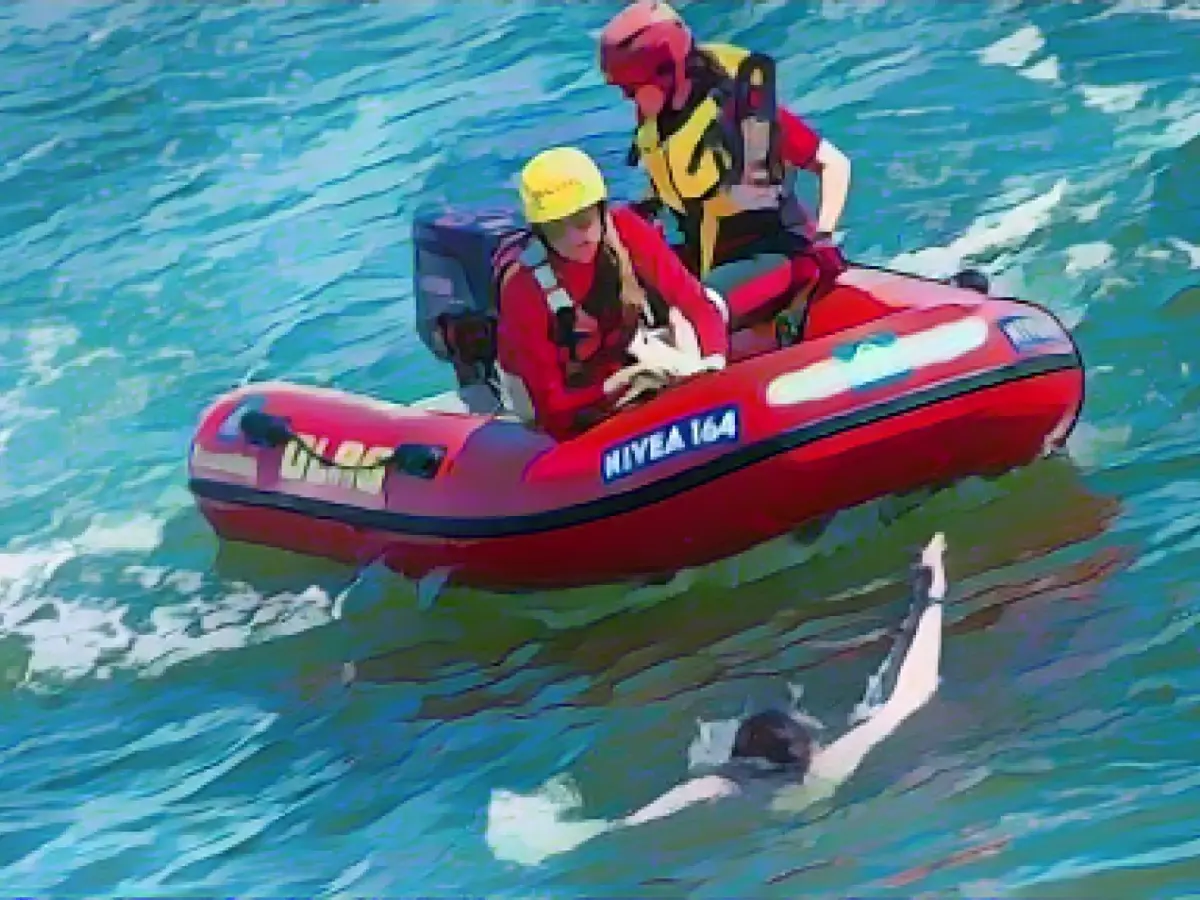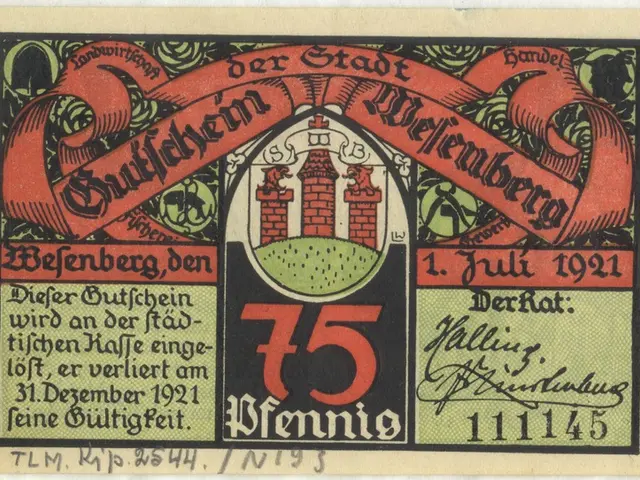Petition for the Baltic Sea's National Park Gathers Major Support
With an impressive 93,559 signatures gathered, the call for a Baltic Sea National Park is making waves across Germany. The campaign, led by landscape ecologist Malte Wenzel, has garnered backing not only from Schleswig-Holstein but from all corners of Germany. This widespread support underscores the significant concern for the environment in the country.
In a handover ceremony at the State Chancellery in Kiel, Minister President Daniel Günther (CDU) acknowledged the "impressive number" of signatures and emphasized the necessity of robust protection measures for the Baltic Sea. The minister president highlighted that voluntary agreements were not enough and that large-scale protection was essential for this important ecosystem throughout Europe.
Günther, along with Environment Minister Tobias Goldschmidt (Greens), will present a concept for safeguarding the Baltic Sea in mid-February 2024. The minister presidents belief in collaboration between the CDU and the Greens stems from the shared concern over the Baltic Sea's wellbeing, with Günther expressing his hope for a constructive dialogue.
Environmental Steps for a Sustainable Future
The desire for a healthier Baltic Sea is far from an isolated issue. With an ecosystem spanning various European nations, protecting it means relying on international cooperation, groundbreaking research, and a well-informed public.
To achieve large-scale protection for the Baltic Sea, several steps can be taken, including:
- Collaboration with International Organizations
- Scientific Research and Monitoring
- Community Engagement and Education
- Implementation of Mitigation Measures
- Regulatory Frameworks
- Invasive Species Management
- Marine Protected Areas (MPAs)
- International Cooperation
- Economic Incentives
- Long-term Commitment
By following these guidelines, the initiative to establish a Baltic Sea National Park and implement large-scale protection measures has the potential to bolster the region's ecological future.
Enrichment Data Integration:
International organizations like the Helsinki Convention can help coordinate efforts to protect the Baltic Sea, while scientific research and monitoring are crucial in identifying areas of high conservation value. Community engagement and education, international cooperation, and regulatory frameworks are all essential components of protecting this ecological treasure. Economic incentives such as sustainable tourism and long-term commitment to ongoing conservation projects can further safeguard the Baltic Sea's future.
As the petition moves forward, stakeholders across Germany and beyond will have the opportunity to work together to ensure the long-term health of this vital ecosystem.








